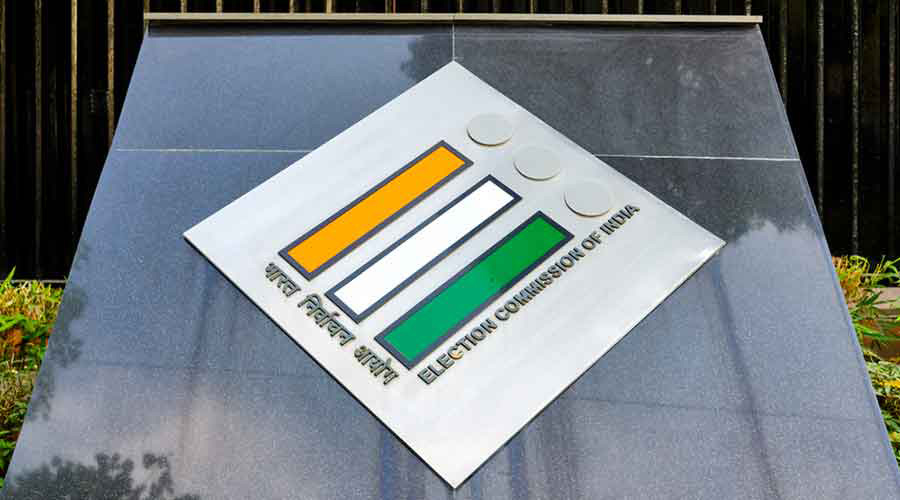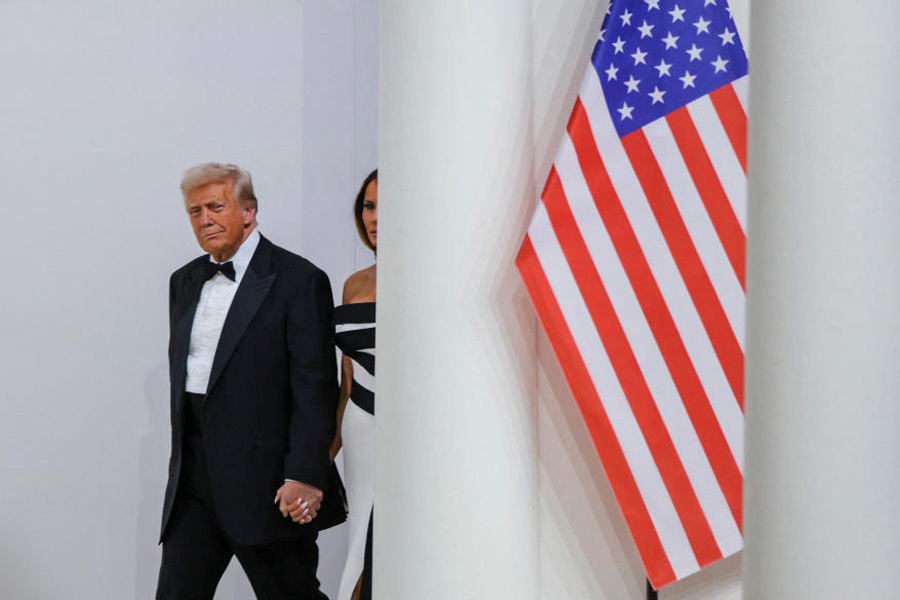A sceptical Supreme Court on Thursday issued notices to the Centre and the Election Commission on a plea to allow postal voting and e-voting by all non-resident Indians and internal migrants who live outside their constituencies.
“What kind of plea is this? Sitting in England, you will vote here? If you can’t care enough to go to your constituency, why should the law help you?” Chief Justice of India S.A. Bobde asked advocate Kaleeswaram Raj, appearing for the Kerala-based petitioner Sathyan Naravoor.
“When a voter chooses to stay out of his constituency and does not come for voting, there is no denial of right (if they can’t vote). He cannot sit in the US and say, ‘I want to vote in Kerala’.”
Postal voting is now allowed to the armed forces, those engaged in essential services, people with physical disabilities, voters aged 80 or above, and Covid-19 patients. India has no provision for e-voting, where ballots are transmitted securely over the Internet.
Raj argued that making physical presence mandatory at the voting booth violated a citizen’s fundament right under Article 19 to live and work in any part of the country.
Citing the 2011 census, he said that NRIs and internal migrants now numbered an estimated 45 crore.
He said people shouldn’t have restrictions imposed on their right to vote just because they have left home in connection with their occupation, studies or marriage.
The bench, which included Justices A.S. Bopanna and V. Ramasubramanian, then issued notices seeking responses from the government and the poll panel.
The petition cited several Supreme Court judgments, including PUCL vs Union of India (2013) and Jyoti Basu vs Debi Ghosal (1982), to argue the right to vote is fundamental and indispensable to democracy.
It referred to Section 60 of the Representation of the People Act, 1951, which enables the government to allow voting through postal ballots.
“The respondents are bound to exercise the power under Section 60(c) of the 1951 Act, and to extend the benefit of voting through postal ballots to the citizens who are unable to come back to their constituencies,” the petition said.
Denying them the right is “arbitrary and violative of their fundamental rights under Articles 14, 19(1)(a), 19(1)(d), 19(1)(g) and 21 and the right to vote under Article 326”, it added.











